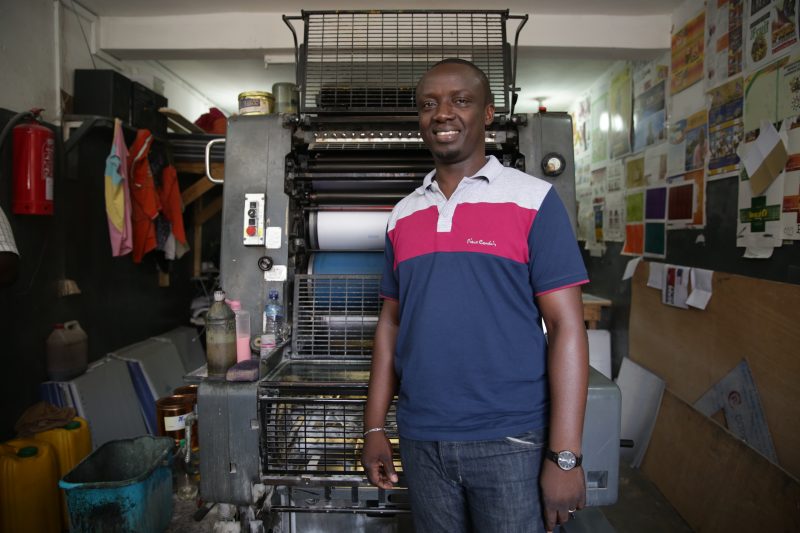MCC
Martin Eson-Benjamin, CEO of the Millennium Development Authority in Ghana talks about his country's compact with MCC.
When MCC and the Government of Ghana began developing our second compact, the power sector was at the forefront of our conversations on how to boost economic growth and reduce poverty in the West African nation. The United States is one of Ghana’s principle trading partners—bilateral trade between our two countries amounted to $1.7 billion in 2017—and a revitalized power sector can unlock the country’s potential to attract private investment and partner with American businesses.
MCC’s $498 million investment in the power sector came with some risk. The state-owned power company, Electric Company of Ghana (ECG), has been plagued by technical and commercial inefficiencies as well as mismanagement that have resulted in ECG losing around $8 million per week, and a complex reform agenda was required to bring life to Ghana’s ailing power sector. The country had to engage in a politically fraught reform process that spanned across two different Ghanaian presidential administrations and successfully approve a transparent 20-year concession to the private sector. To mitigate this risk and maintain a high incentive for the government to pass the reforms, a second portion of the grant was held until key objectives like the concession were achieved.
With the recent Ghanaian cabinet approval and parliamentary ratification of a landmark transaction with a respected international consortium, I am pleased to report that the Government of Ghana has passed the reforms necessary to improve the financial and operational health of the sector, triggering the release of the remaining $190 million in grant funding. These are difficult reforms, and meeting this milestone is a testament to the commitment of the Ghanaian government to improve its power sector in an effort to bring better critical services to its people and meet the increasing demand from businesses and other consumers for reliable energy. And this is also an important demonstration of how MCC’s model works to incentivize meaningful change, even in politically challenging environments.

MCC
Delali started a printing company after graduating from the University of Ghana. But power outages impact his business—when the power goes out he has to go to a friend’s office to continue work and email his clients.
The MCC Ghana Power Compact has already catalyzed nearly $3 billion in new private investment and is expected to benefit an estimated 9.7 million Ghanaians over the next 20 years. More broadly, our investment in Ghana aligns with the goals of the U.S. government’s Power Africa initiative which seeks to bring together technical experts, the private sector and governments to increase the number of people on the continent with access to power. With three years remaining on our compact with Ghana, I am excited to see what we can achieve to bring even greater growth to the country, reduce poverty and strengthen the partnership between our two nations.

